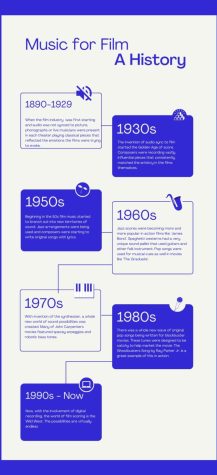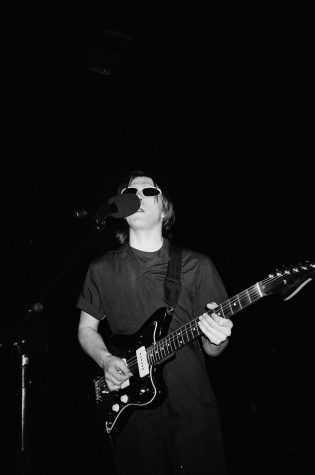The World of Film Scoring
April 25, 2023
Inside the Industry of Film Scoring
The Music Composers job within the film and tv industry is a very intriguing subject. Their role is very connected to the production of the media, while at the same time being very disconnected. They rarely have anything to do with what’s on the screen, but can drastically change the whole feeling of any content.
Composers have the very complex job of perfectly translating the filmmaker’s vision into music that reflects how they want the audience to feel. The choices a composer makes can be the difference of tears to laughter in the audience. In order to make the right choices, communication between the filmmaker and composer is of the most importance.
Before writing music, the composer and filmmaker will sit down and have what is called a spotting session. This meeting is all about figuring out exactly what they are looking for and how the composer can translate it into music. The filmmaker walks through a cut of the film giving all the points where they want music cues. Often, the filmmakers will reference other pieces of music to better describe what they are going for.
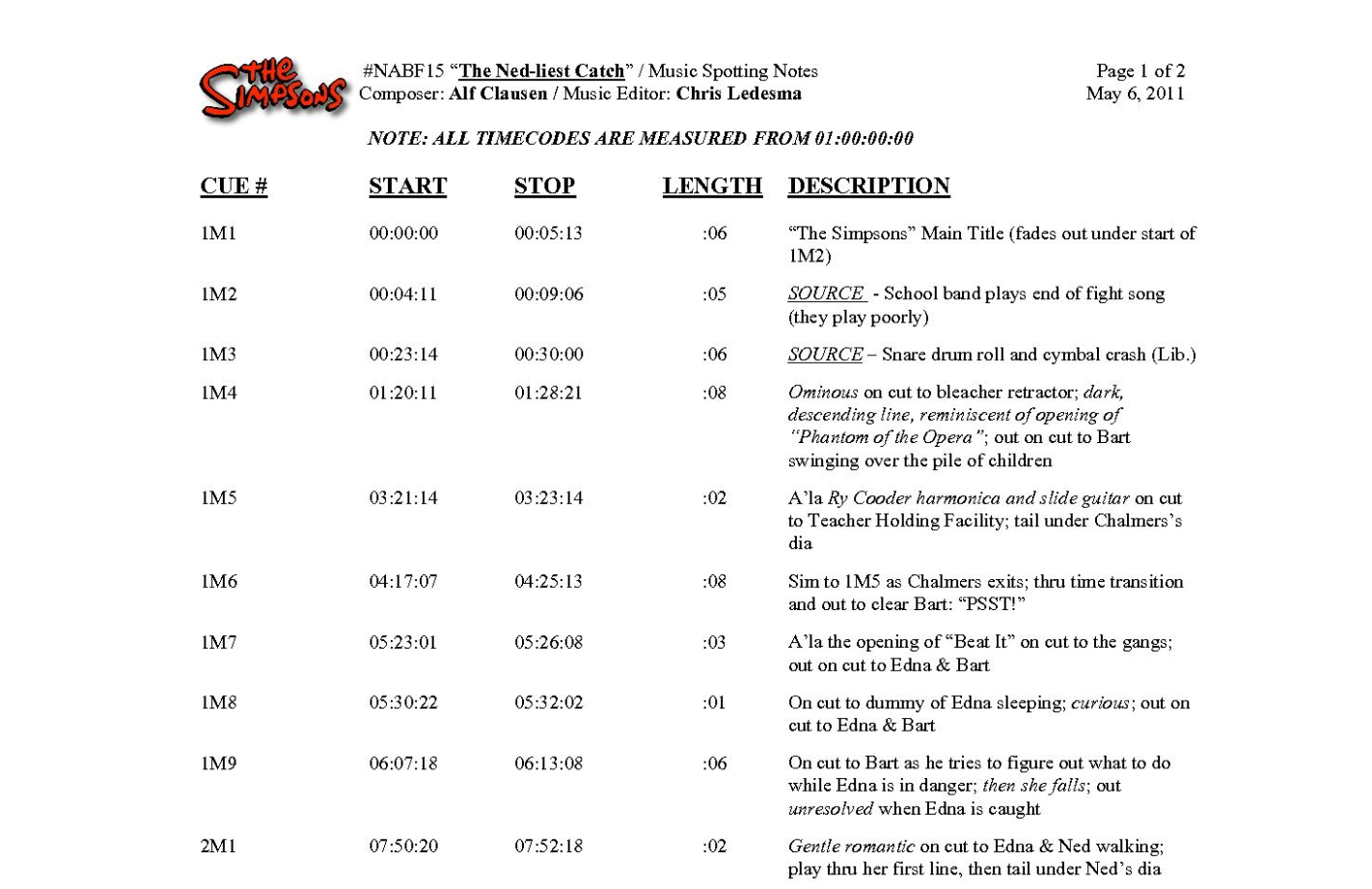
Spotting Session Notes
After a spotting session the composer will then start to brainstorm melodies and chord progressions that might fit the picture in their head. With the use of modern music composition software writing is less tedious than ever. The composer can quickly add or remove notes a click of the mouse, and the computer can play back what they wrote instantly using virtual instruments. This level of instant gratification has changed the way that we write music forever.
The process of writing music is essentially throwing things at a wall and seeing what sticks. When the composer has gone through this process and found the musical ideas that they believe help tell the story better, they then take on the task of deciding the instruments for each part. Even when different instruments are playing the same melody, their timbre greatly affects the feeling they give the listener.
At this point the process has no one path. The traditional method is to record these pieces with an real orchestra in a professional studio, but nowadays composers experiment with sounds in and outside of their computer to make timbres that fit right into the world of the media they surround.
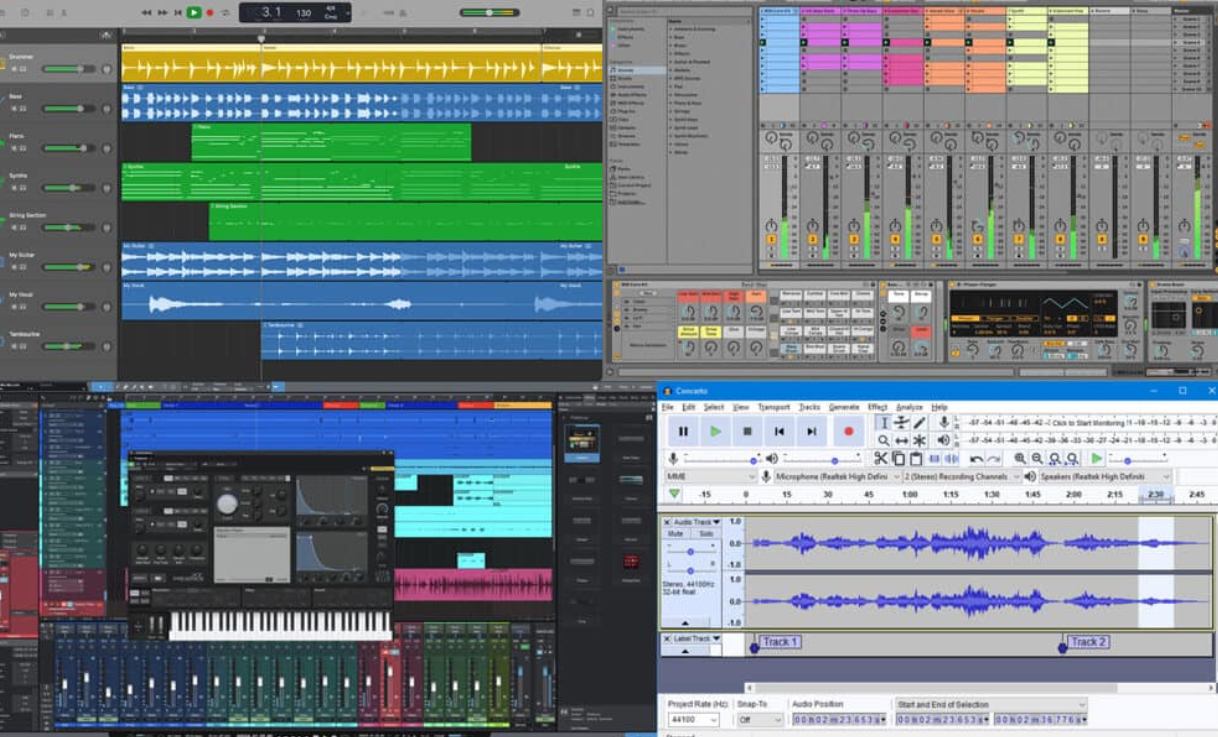
Modern Music Composition Software
The role of a music composer is a very important piece in the puzzle that is media production. Their influence is more needed than ever in this vast modern sea of content.
The Ever-Changing Job of the Film Composer
In film and video games, composers have as big of a role as any in telling a story. A good score can help create a more visceral reaction in the viewer, as well as create memorable melodies that get stuck in your head. This enormous task used to only be done by composers writing for huge orchestras with the best musicians around the world. Nowadays it can be done from the privacy of your own humble abode.
Before computers, the process of preparing music for film was tedious. The music was recorded on tape which had to be edited by splicing and taping it together manually. The sound possibilities were limited to what could be made on physical instruments.
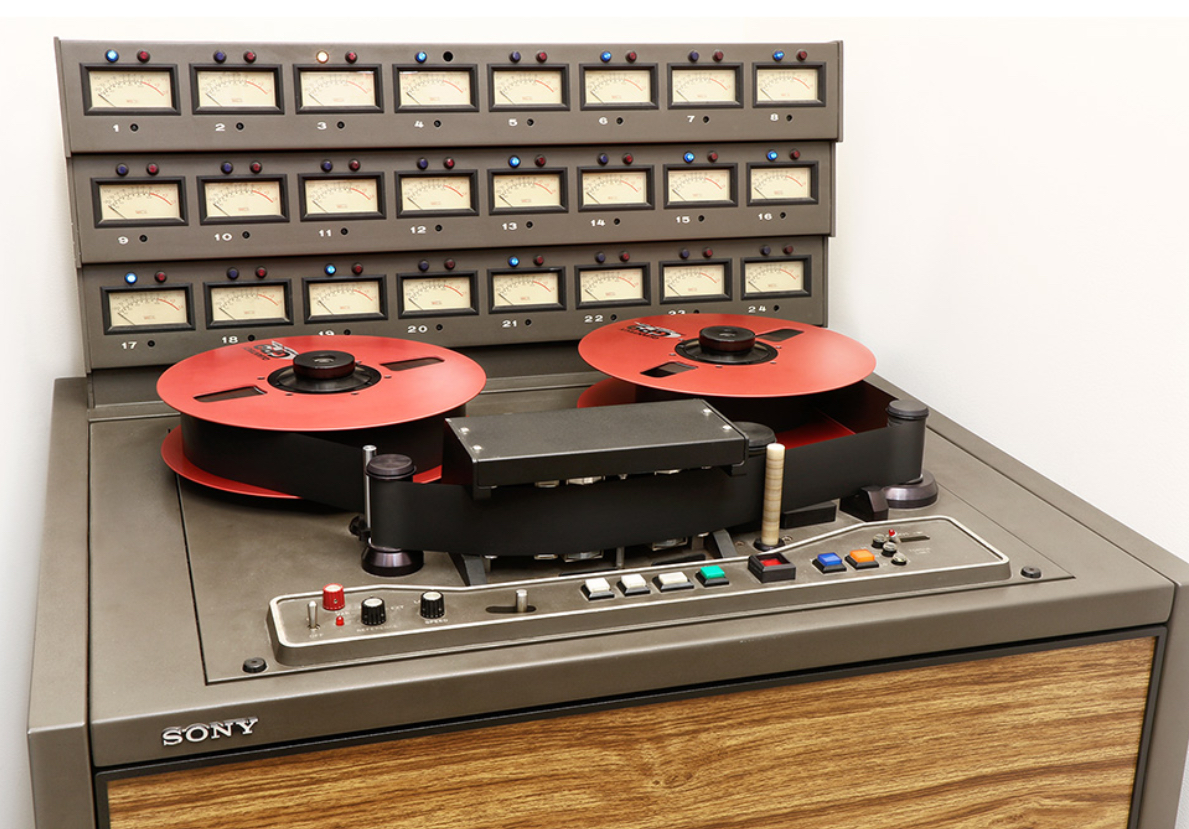 24 track tape machine
24 track tape machine
With advancements in technology, it is now an industry standard for scores to be recorded on a computer. Many composers use what is called a DAW (Digital Audio Workstation) to write and arrange their pieces. Now the only thing holding them back is the power of their imagination.
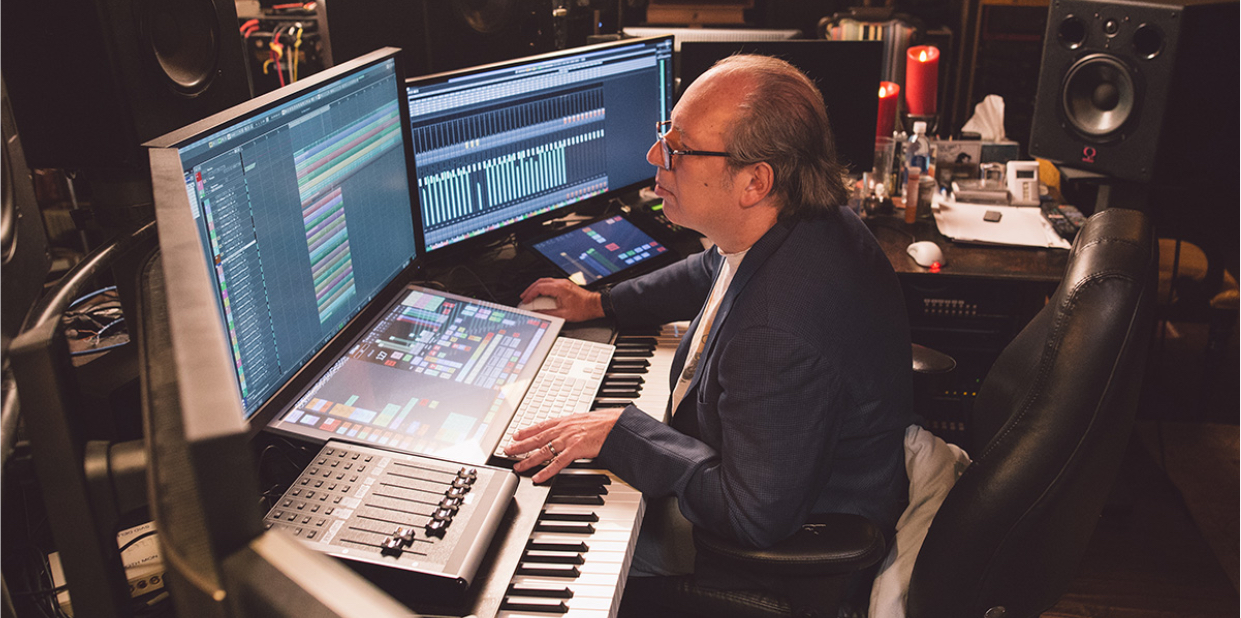
Famous composer Hans Zimmer working in his DAW of choice Cubase.
Q&A With Composer Mike Hallenbeck
I interviewed Music Composer and Sound Designer Mike Hallenbeck to get insider knowledge on the industry.
DR: Here we go. I was wondering if I could just shoot out some questions to you. Is that alright with you?
MH: Sure. Fire away.
DR: What makes a composer’s work stand out?
MH: I think that’s kind of about the decisions that a particular artist or craftsperson makes as opposed to other people. And that’s a really idiosyncratic thing.
DR: What would be a helpful piece of advice for someone looking to go into the field?
MH: I would say… find any opportunity you can to score something. Writing music for short films or removing music from an extant film or tv show and making your own. Anything to get practice.
DR: If you were to start over and do things differently what would you do?
MH: I would definitely learn business much sooner. I didn’t do that for a really long time, and that’s kind of ridiculous to think about, because even though this is art, I still gotta put food on the table.
DR: Well, thank you for your time, you’ve been a great help.
MH: No Problem.
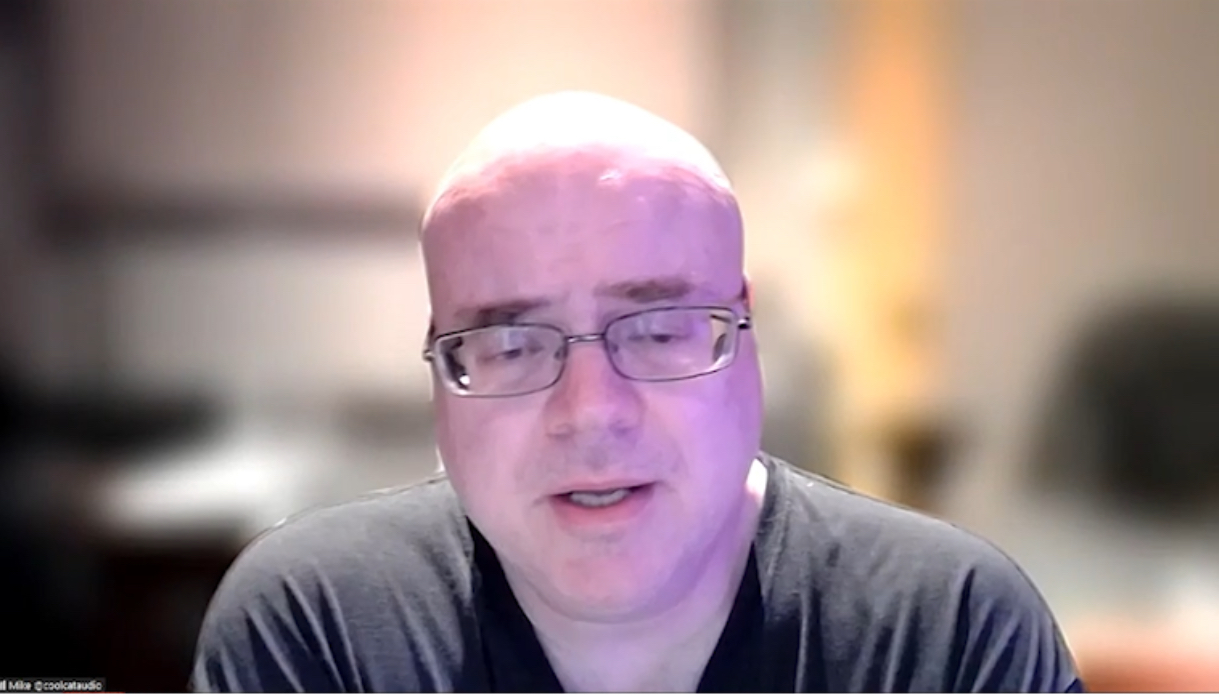
Mike in a zoom meeting with me.

Mike’s company ‘Cool Cat Audio’
Infographic
